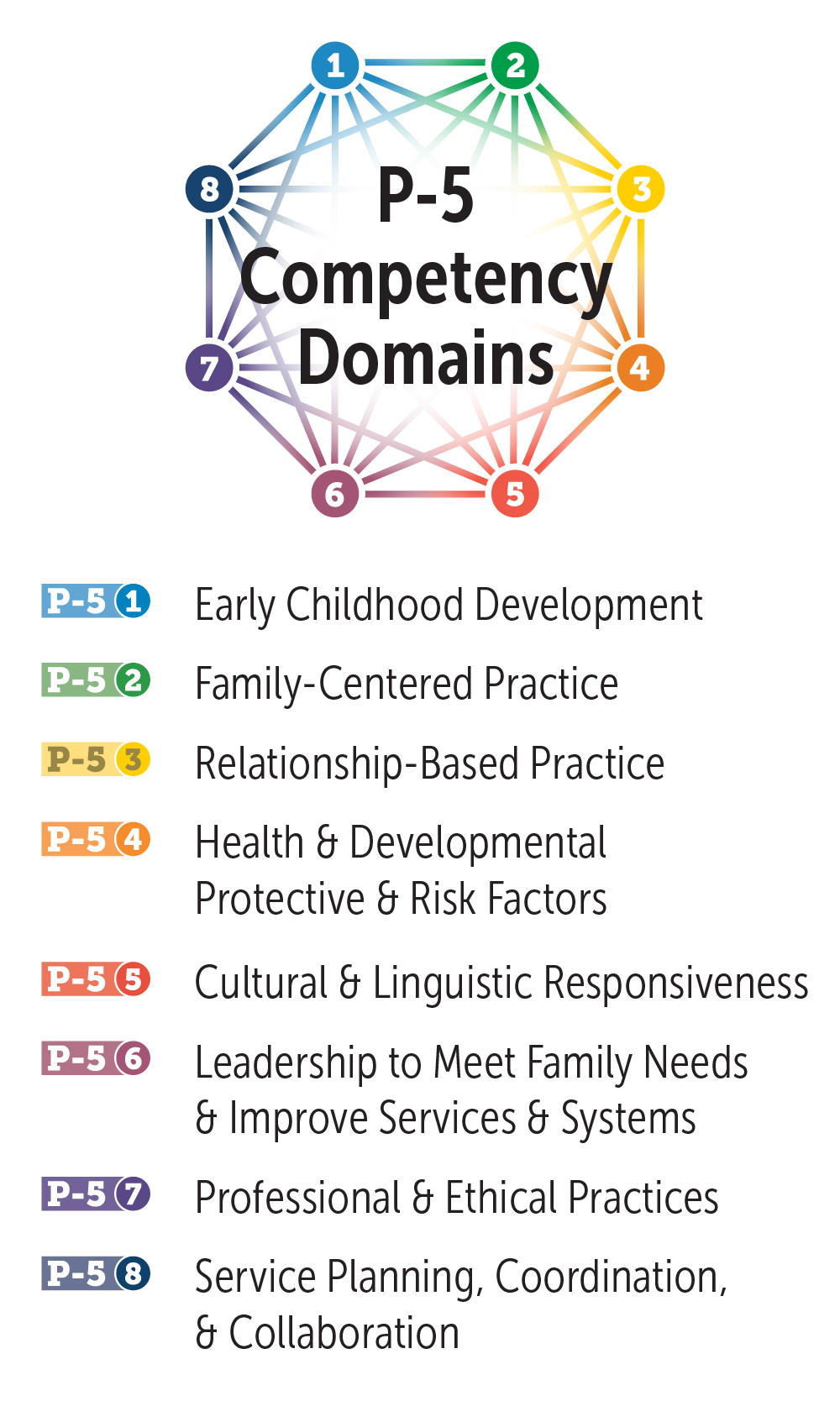
Critical Competencies for Infant-Toddler Educators™ Online Module SE-4: Promoting Socialization
The earliest attempts at socialization happen in infancy when children interact with caring and responsive adults who model healthy social relationships and respond to their initial attempts to interact with and engage others. In fact, children are born wired to be social, interactive beings—so the adults’ responses to infants’ and toddlers’ social cues, which create back-and-forth social communication and reciprocity, help to enhance children’s earliest social experiences with other adults and children. When caregivers are attuned to babies’ emerging attempts at socialization, read an infant’s cues accurately, and respond to a child’s social overtures in turn and in synch with a young child’s social behaviors, infants learn the art of connecting with a consistent caregiver. As older toddlers move toward parallel and cooperative play, caregivers can support the development of empathy as toddlers begin to learn that others have feelings, experiences, and perspectives that are different from their own. The social expectations created in child–caregiver interactions become applied to the child’s encounters with others: a confident expectation that the other person will be fun to be with, or uncertainty or distrust that one’s initiatives will receive a positive response. These social expectations become what attachment theorists have labeled “internal working models” and play a large role in shaping the way children approach and navigate social relationships.

